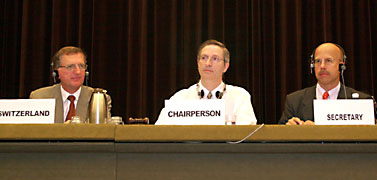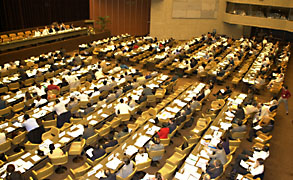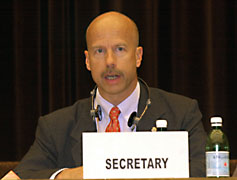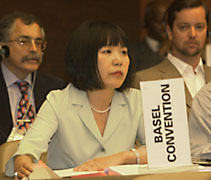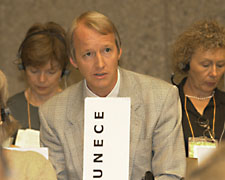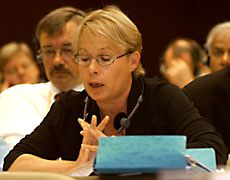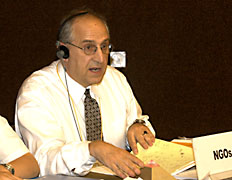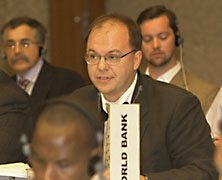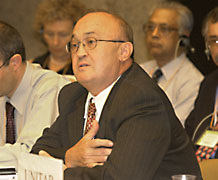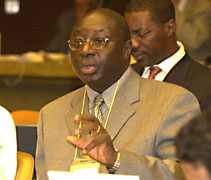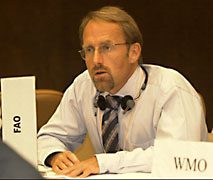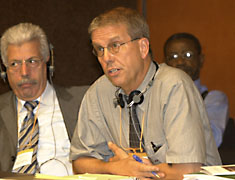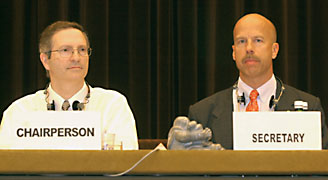 |
Sixth
Meeting of the Intergovernmental Negotiating Committee on Persistent
Organic Pollutants (POPs INC-6)
Geneva, Switzerland - 17-21 June 2002 |
|
|
|
|
|
|
|
|
|
|
|
© 2002, IISD. All rights reserved.
| To
listen to Real Audio files, you will need the free RealAudio
player: |
To
view PDF files, you will need the free Adobe Acrobat Reader:
|
